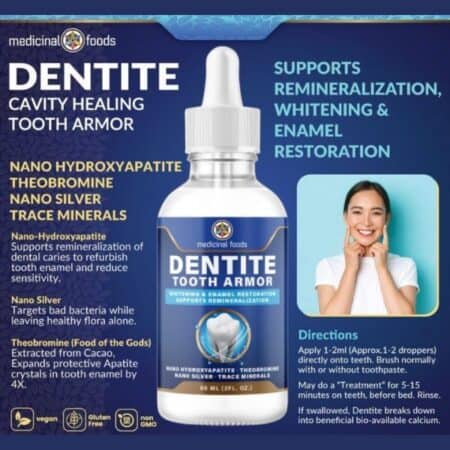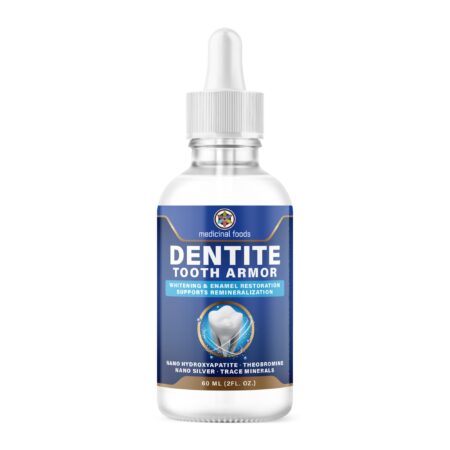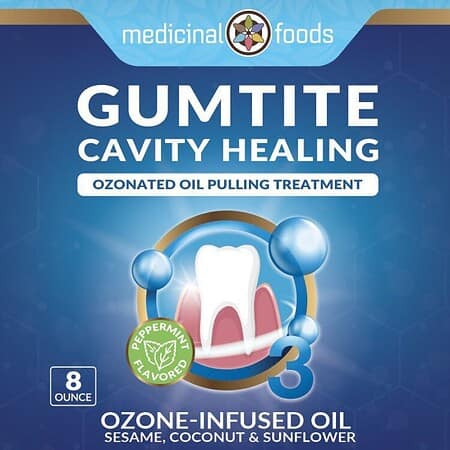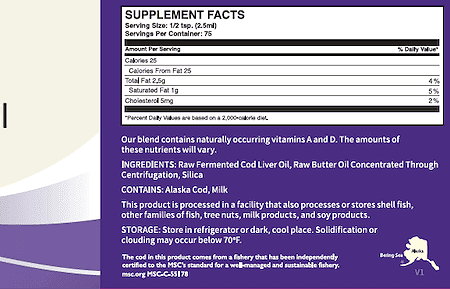The phrase “hormonal imbalance” is very often associated with females, but hormonal imbalance in men is real.
Men can have just as much difficulty with maintaining healthy levels throughout their life. So we are here to help bring some truth on this topics.
As we age our bodies naturally begin producing hormones in lower quantities, so living a healthy lifestyle that supports hormonal balance gets more and more important as we get older.
When the body has too much or too little of the major hormones we can experience significant changes to our physical appearance and mental health.
The endocrine system is responsible for the production of these hormones, and our diet and the amount of exercise we perform on a regular basis has a direct effect on how well balanced our endocrine system will be.
Male hormone imbalance symptoms
For men there are three hormones that are primarily responsible for imbalances: testosterone, cortisol, and thyroid hormones.
Testosterone
The most important hormone in men is testosterone. It is produced in the testes and is responsible for the growth and development of bone density and muscle mass, sexual drive, sperm production, fat distribution, and the production of hair follicles and hair density.
Males produce less testosterone as they age with the peak amount being produced at age 20. Every 10 years onward they produce on average 14% less testosterone than at the peak. Even though we produce less as we age it is common for some men to have depleted levels prematurely.
Some symptoms of reduced testosterone are a reduced sex drive, erectile dysfunction and the inability to maintain an erection, the loss of muscle and muscle weakness, increased body fat, and the loss of body hair.
Estrogen is the most important hormone in women although women also produce testosterone and men also produce estrogen. The balance between these two is critically important for a healthy expression of a man’s body and a woman’s body,
One sign that a man has an imbalance in testosterone and excess estrogen is called gynecomastia and is an enlargement of breast tissue in men. While not necessarily harmful it can cause a blow to a man’s self-esteem.
Testosterone levels in both men and women affect sex drive, but when men are experiencing low levels they also are unable to maintain an erection.
When men are unable to have a healthy sex life with a partner this also causes serious psychological problems. Worst-case situations are when men have a reduction in fertility and, even worse yet, are unable to conceive children with their partner.
Symptoms of hormonal imbalance in men
There are always synthetic ways to increase testosterone through artificial pills and injections, but these will have temporary results at best and cause even higher imbalances when the treatments stop.
Some of the best ways to increase testosterone naturally is to maintain a balanced diet but emphasize high protein as well as rich fats.
Organic eggs are a great way to start the day with a large helping of protein (for the body to use as energy) as well as a healthy serving of cholesterol to get a jump start on building what the body is lacking.
Our bodies build testosterone from cholesterol, as well as from zinc and magnesium, so foods rich in these minerals will also supplement the body with the basic building materials needed to boost testosterone.
Raw avocado is rich in healthy fats, as well as olive oil which can be added on top of practically any salad and most dishes in general.
Broccoli, cauliflower and cabbage are great for zinc and magnesium, and they also help flush the body of excess estrogen in the process.
Cortisol
The adrenal gland produces cortisol in high dosages in the morning and lesser amounts as the day progresses.
It is released to deal with challenges and overcome them, and gives a boost of energy to activate physical energy, stamina and metabolism to produce more energy.
Stress can be highly motivational because when the pressure is on a person is forced to perform and provide for one’s needs. In these situations the adrenal gland releases cortisol to maintain a balanced disposition during such moments.
But when faced with chronic stress over long periods of time the body is producing too much cortisol and effects begin to show because, quite simply, humans are not meant to live in constant high-octane environments.
Over-production of cortisol can be extremely damaging over the long term, and symptoms are pre-mature aging such as grey hair, chronic fatigue, a weakened immune system, and heart disease.
This is generally called adrenal fatigue and a sign that the body needs more than just a week long vacation.
Excessive cortisol can be treated by a consistent workout routine and a focus on burning off excess energy in the body.
Many people feel a great relief and sense of relaxation after a hard, strong workout because it is a way to stop thinking about stressors of work requirements or nagging problems.
Meditative breathing exercises, such as deep breathing, hatha yoga and heart-based meditation have been used for millennia to deal with the stress of everyday life.
In some studies people who have never meditated once in their lives have been shown to drastically reduce cortisol levels, the sense of well-being, and a calm contentment — after just one session!
So adding these practices to one’s routine are a great way for over-stressed and out-of-balance men to give their adrenals a much needed break.
Thyroid Hormones
The thyroids, located at the base of the throat, are responsible for secreting several important hormones, including triiodothyronine (T3), and thyroxine (T4).
When the pituitary gland releases thyroid-stimulating hormone (TSH) into the bloodstream, T3 and T4 a secreted by the thyroid that regulate energy used to perform basic functions such as base metabolism, body temperature, and breath rate.
Thyroid disorders are 10 times more likely to occur in women. But because T3 and T4 interact with every cell in the body, thyroid dysfunction in men can be difficult to pinpoint and diagnose, compounded by the fact that they are similar symptoms to low testosterone.
Some specific symptoms in men are reduced muscle mass, erectile dysfunction, the general feeling of sluggishness, anxiety, depression, hair loss, and low blood circulation.
A common treatment for men with thyroid problems are supplementing the body with more B vitamins, specifically thiamine and B12.
Vegans are typically deficient in B12 because they naturally occur in animal products such as grass-fed beef, beef liver, raw dairy, eggs and sardines. Top thiamine sources are asparagus, green beans, Brussels sprouts, flax seeds and sunflower seeds.
So while imbalances have a strong association with females, men are certainly not exempt, particularly the problem of low testosterone.
Hormonal imbalance in men is often treated by substituting deficiencies with synthetics such as pills, injections, and targeted therapies, but there are plenty of ways to supplement the body with the necessary nutrients and exercise that help to re-align the body to give holistic and long-lasting improvement.


























